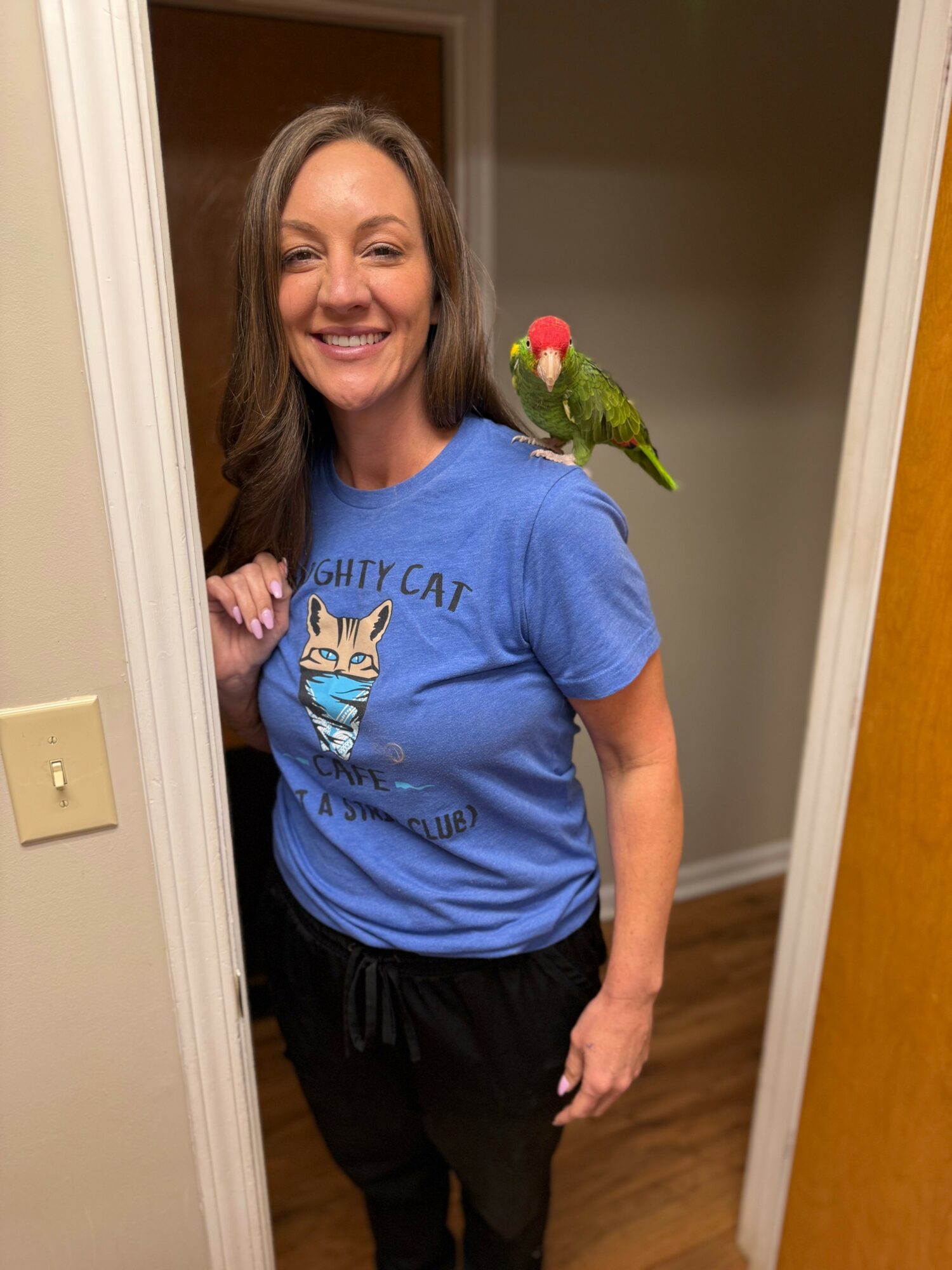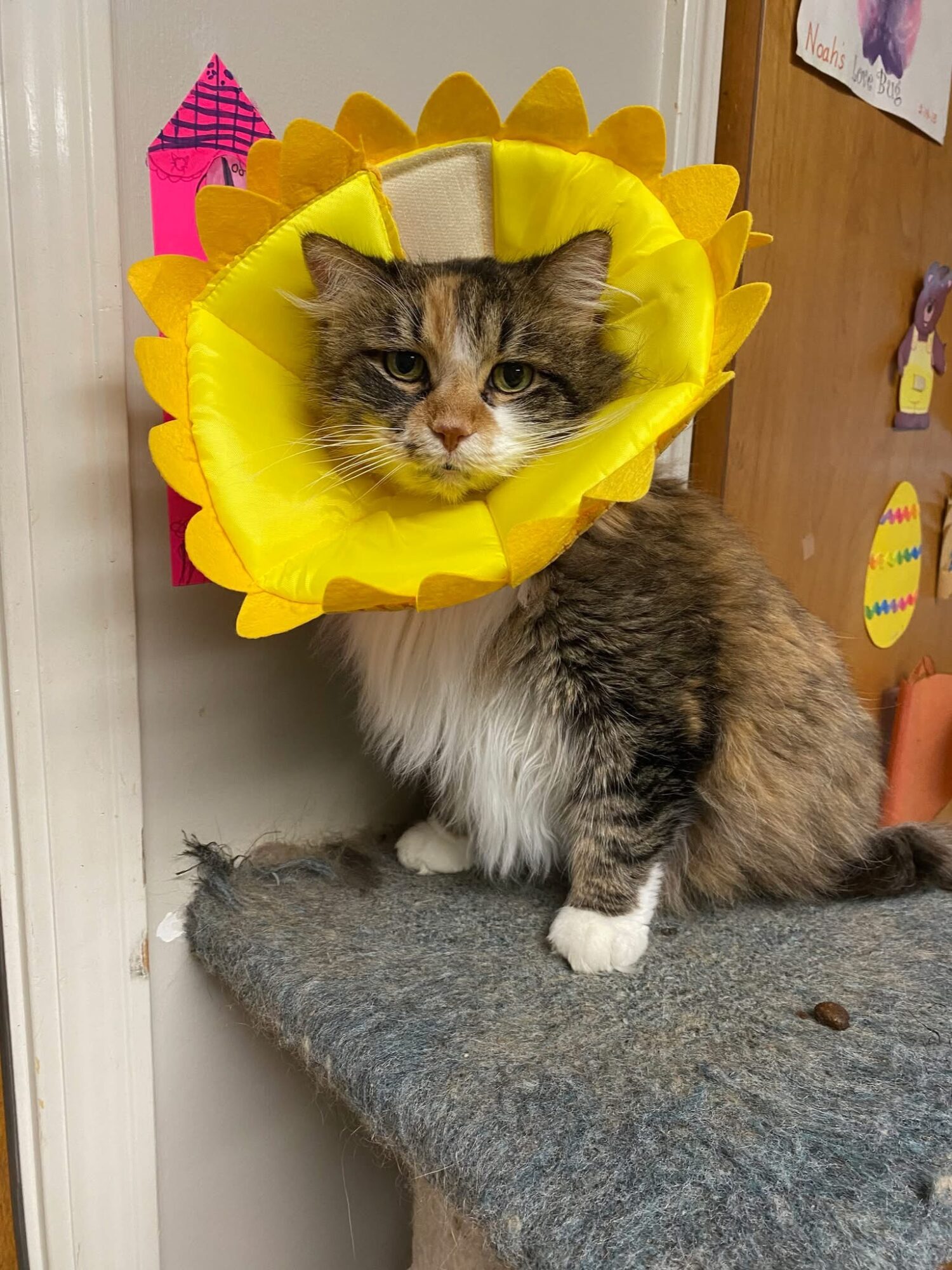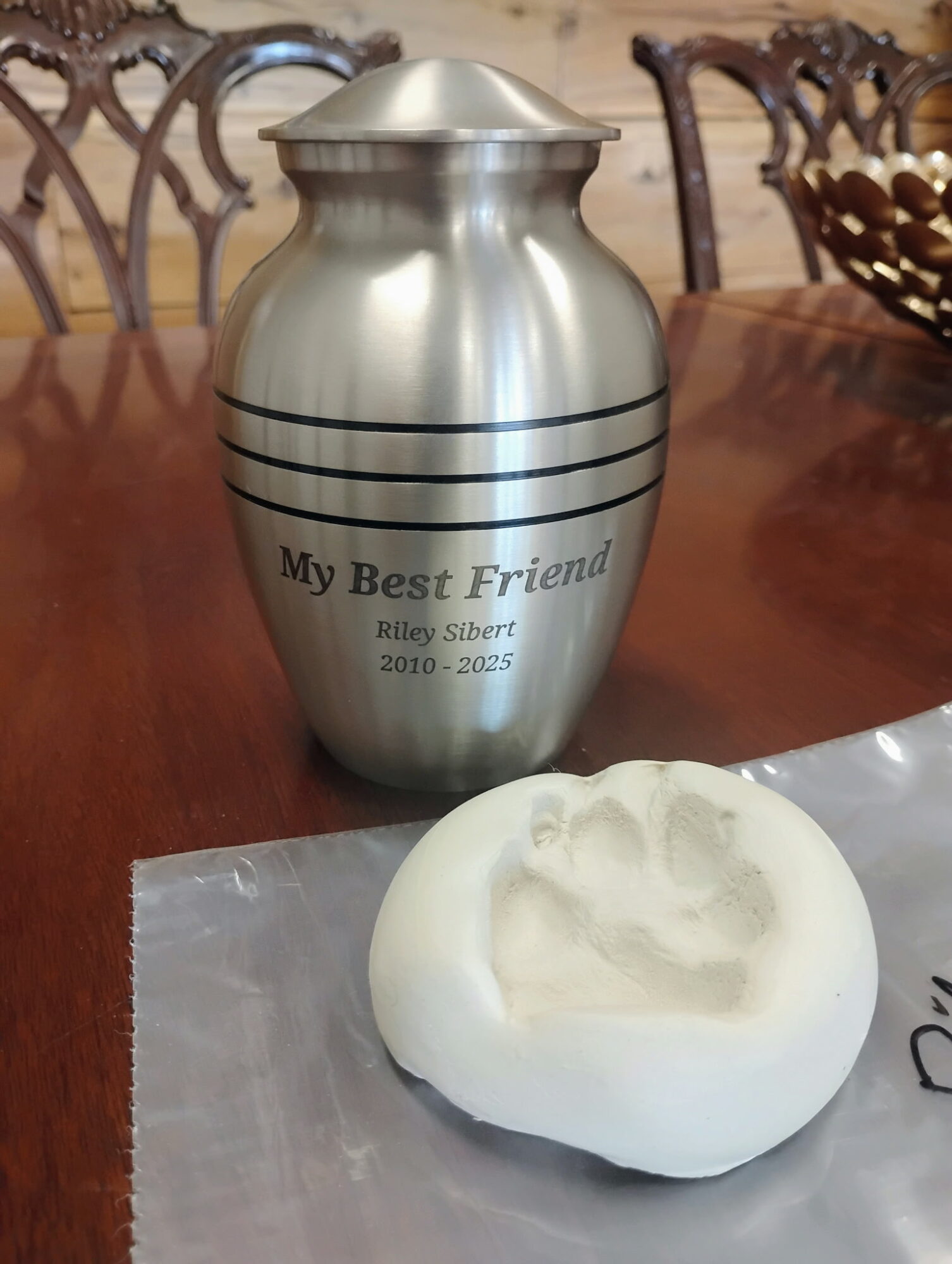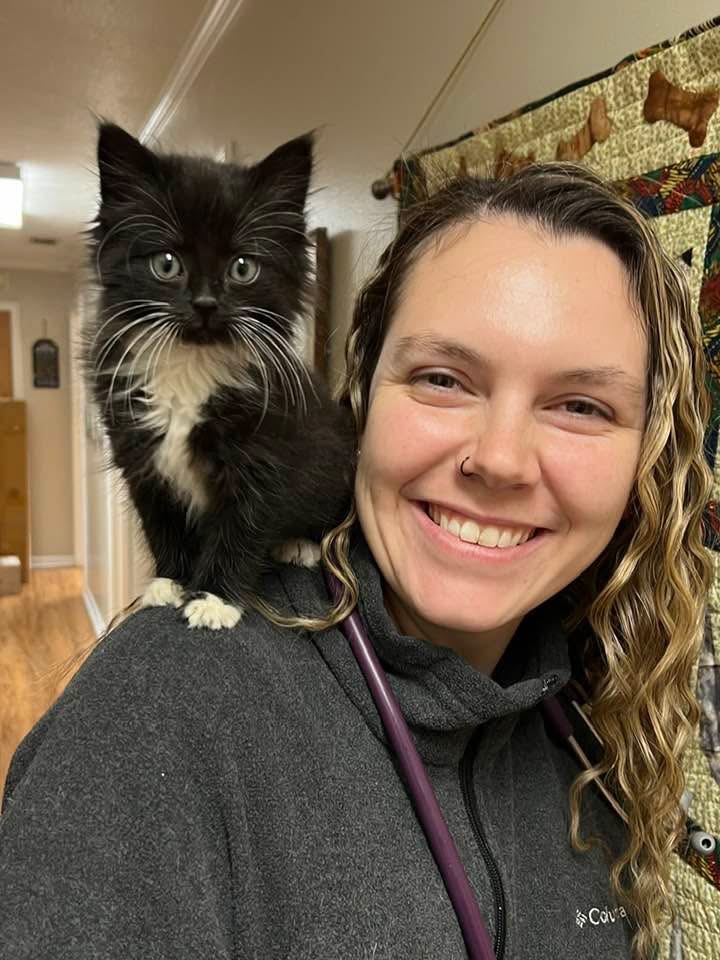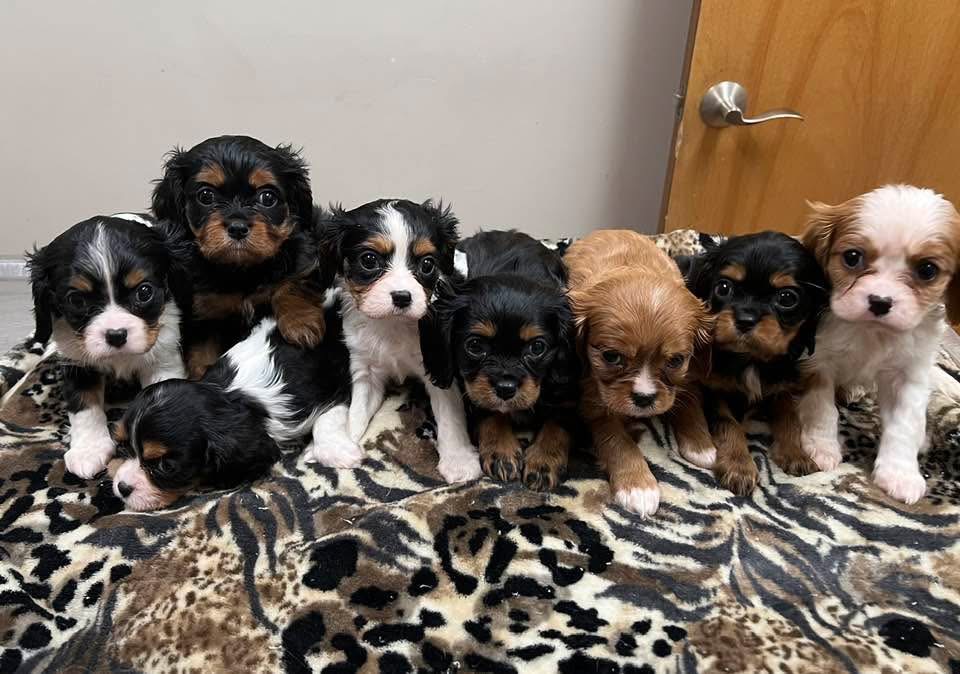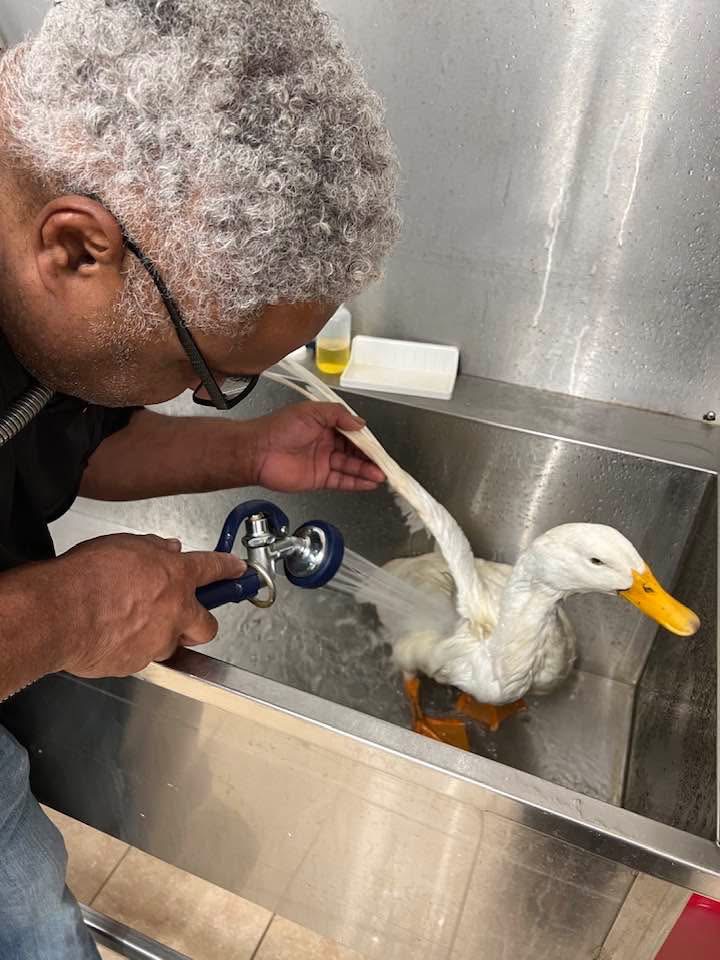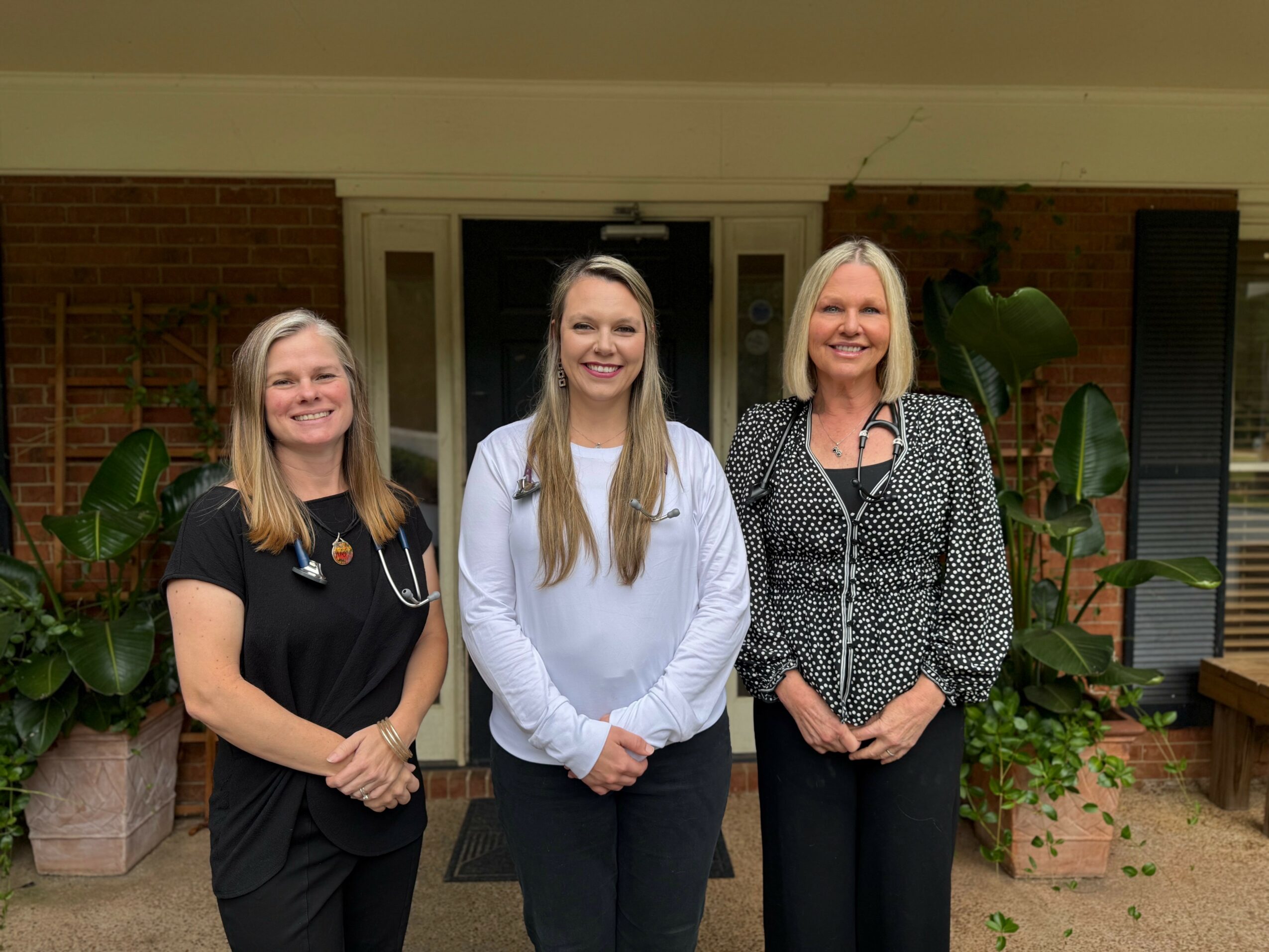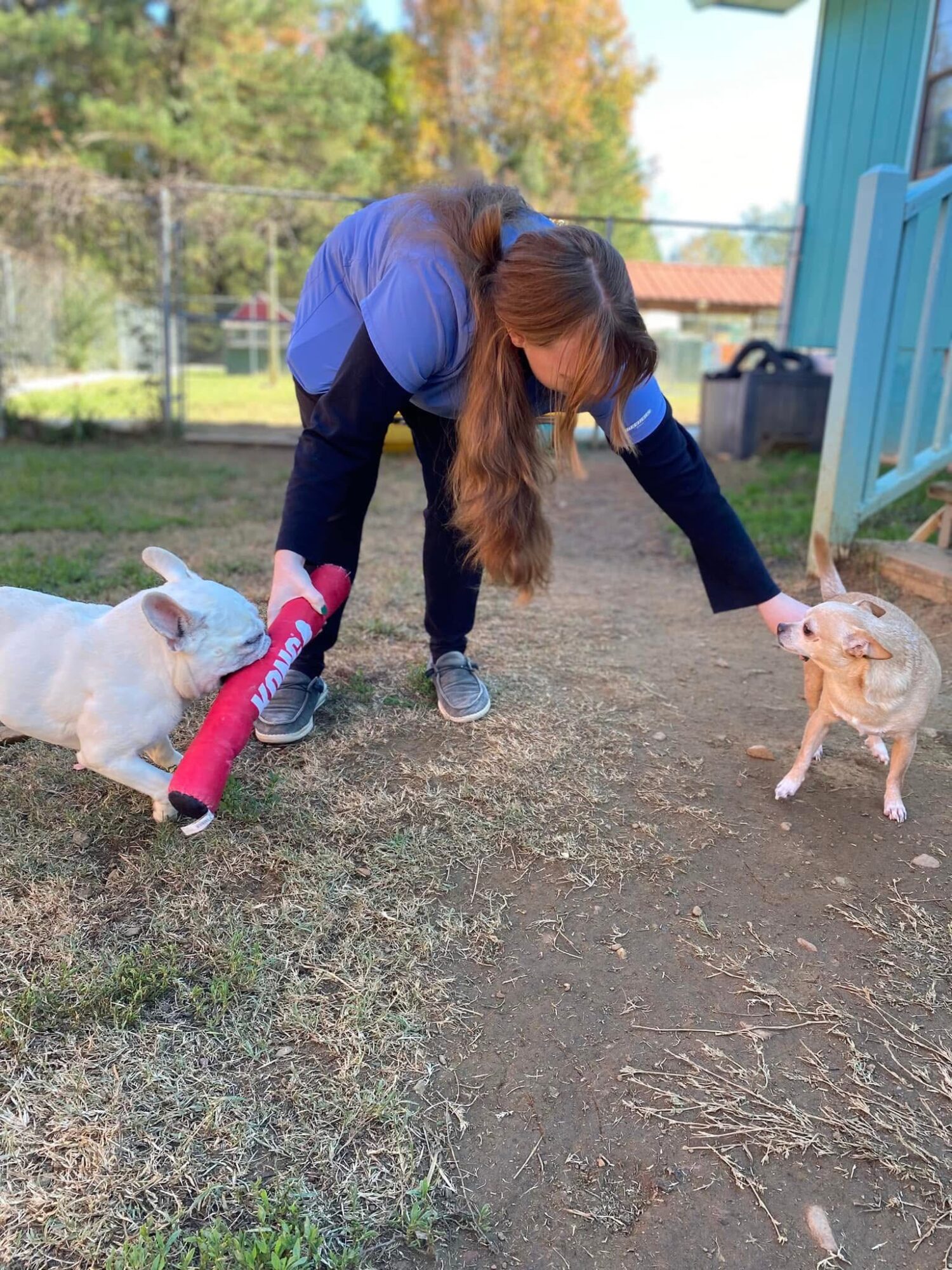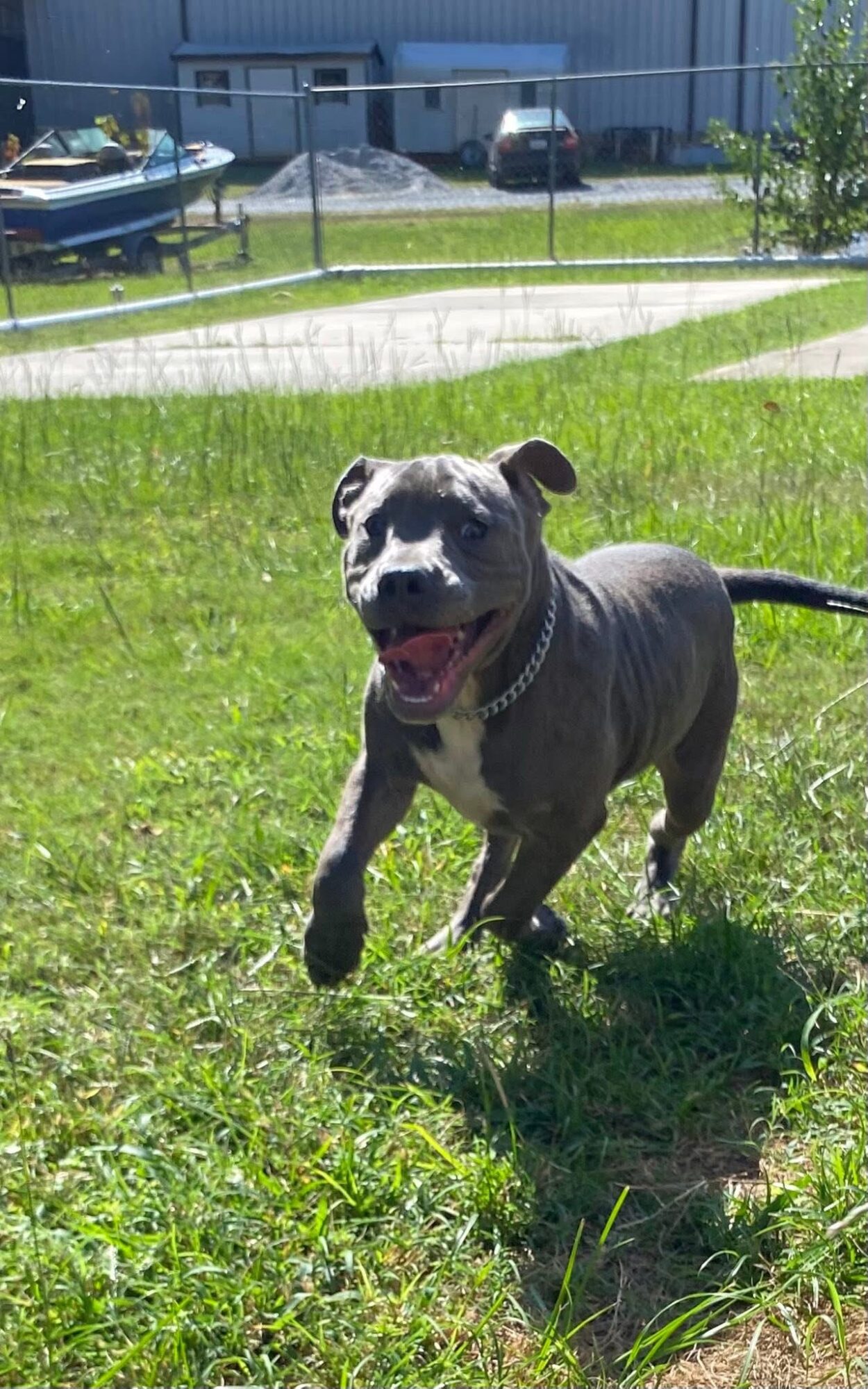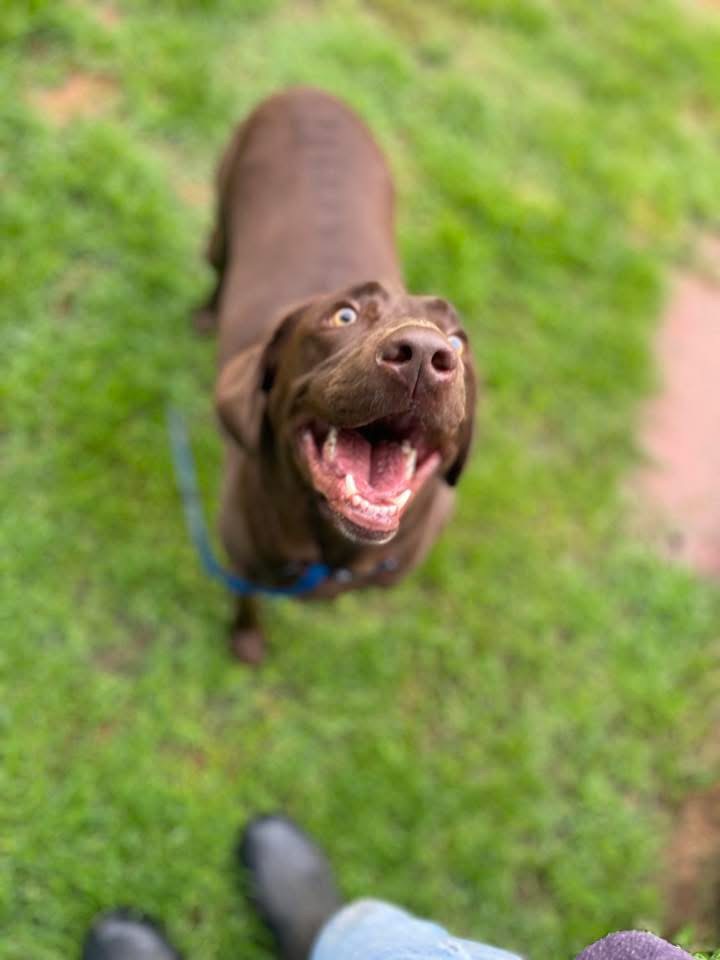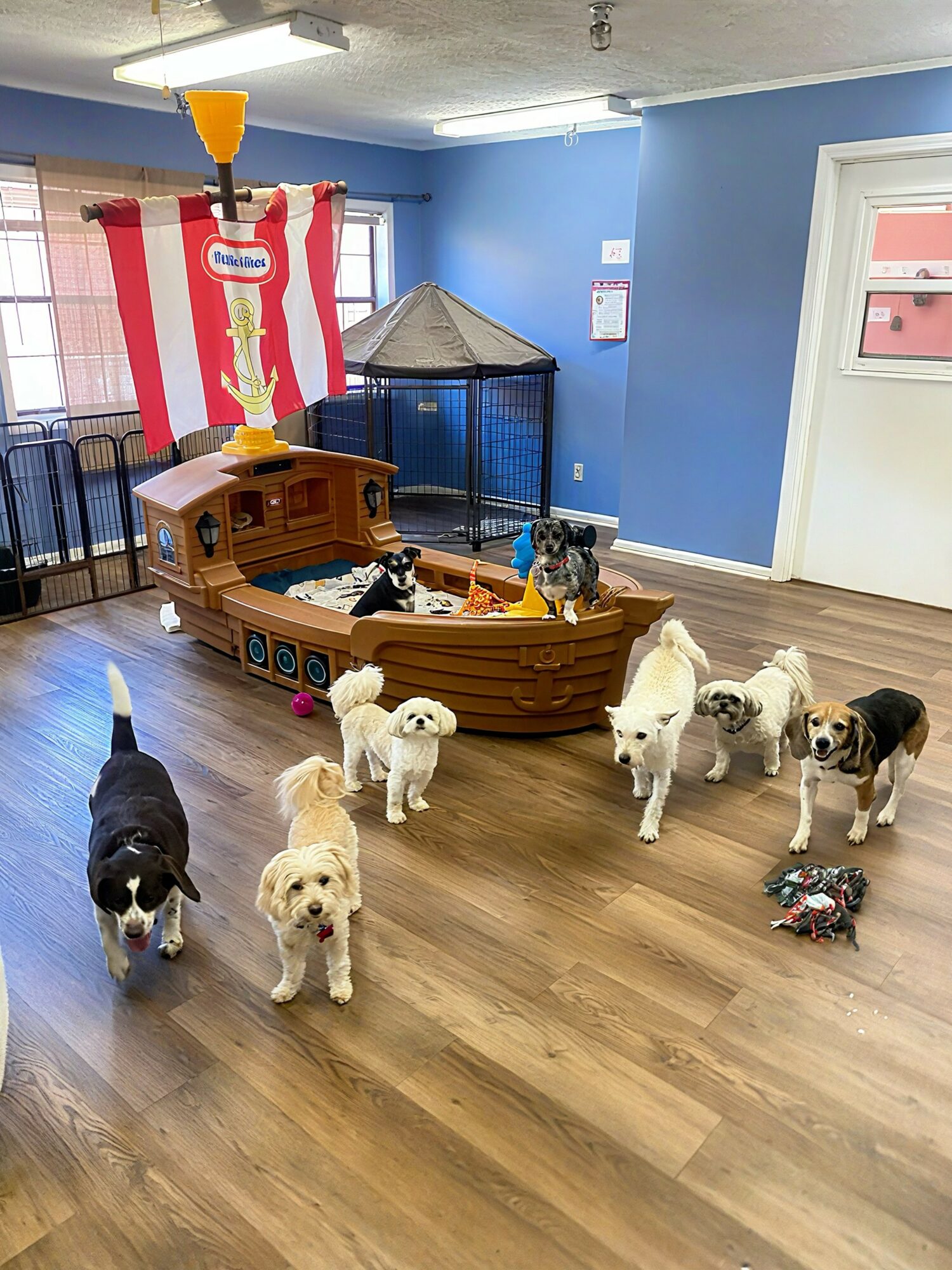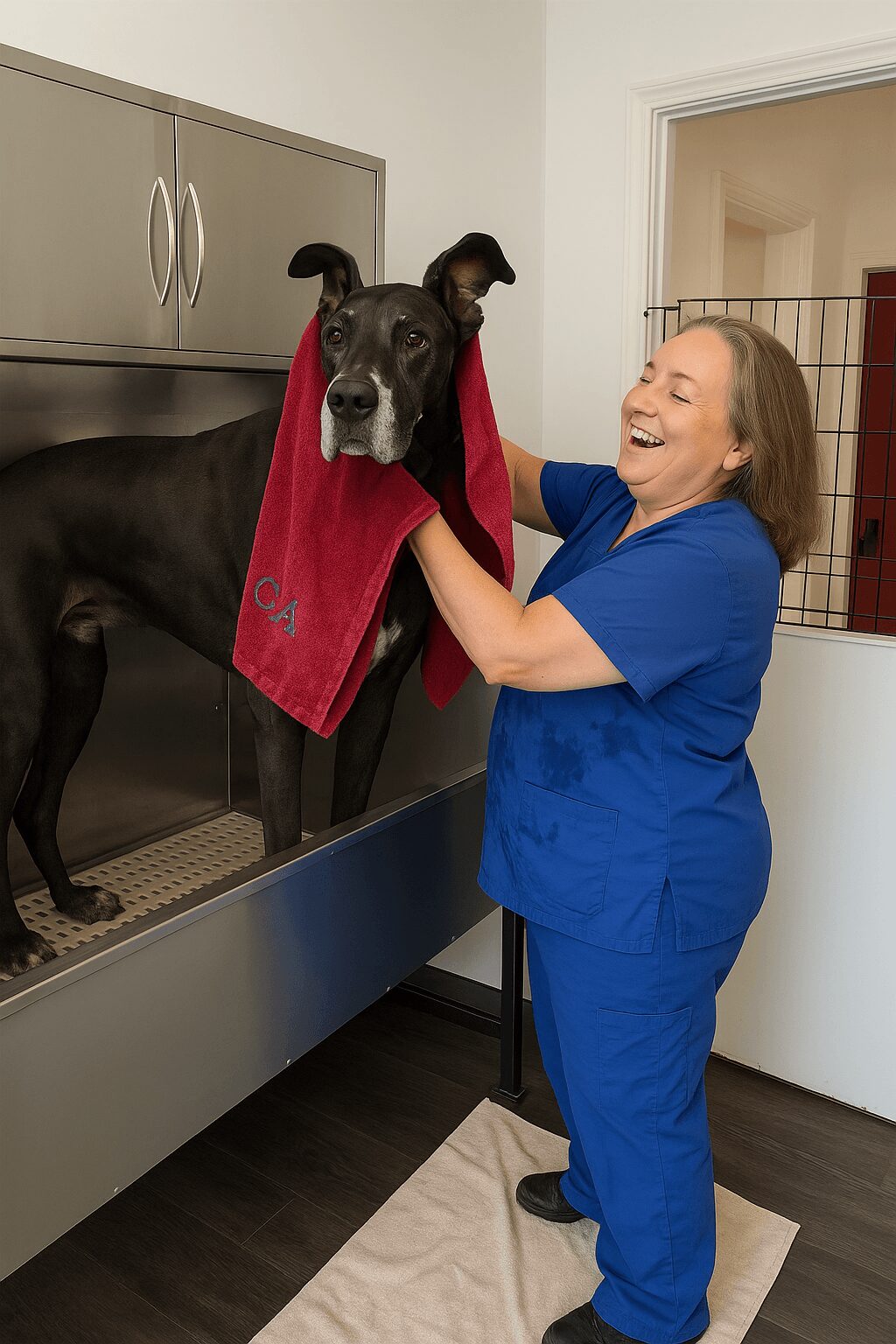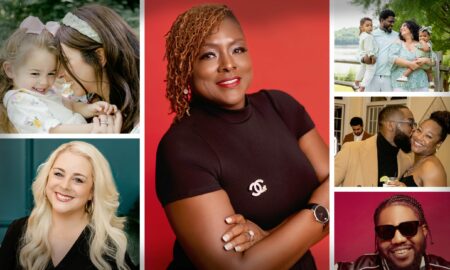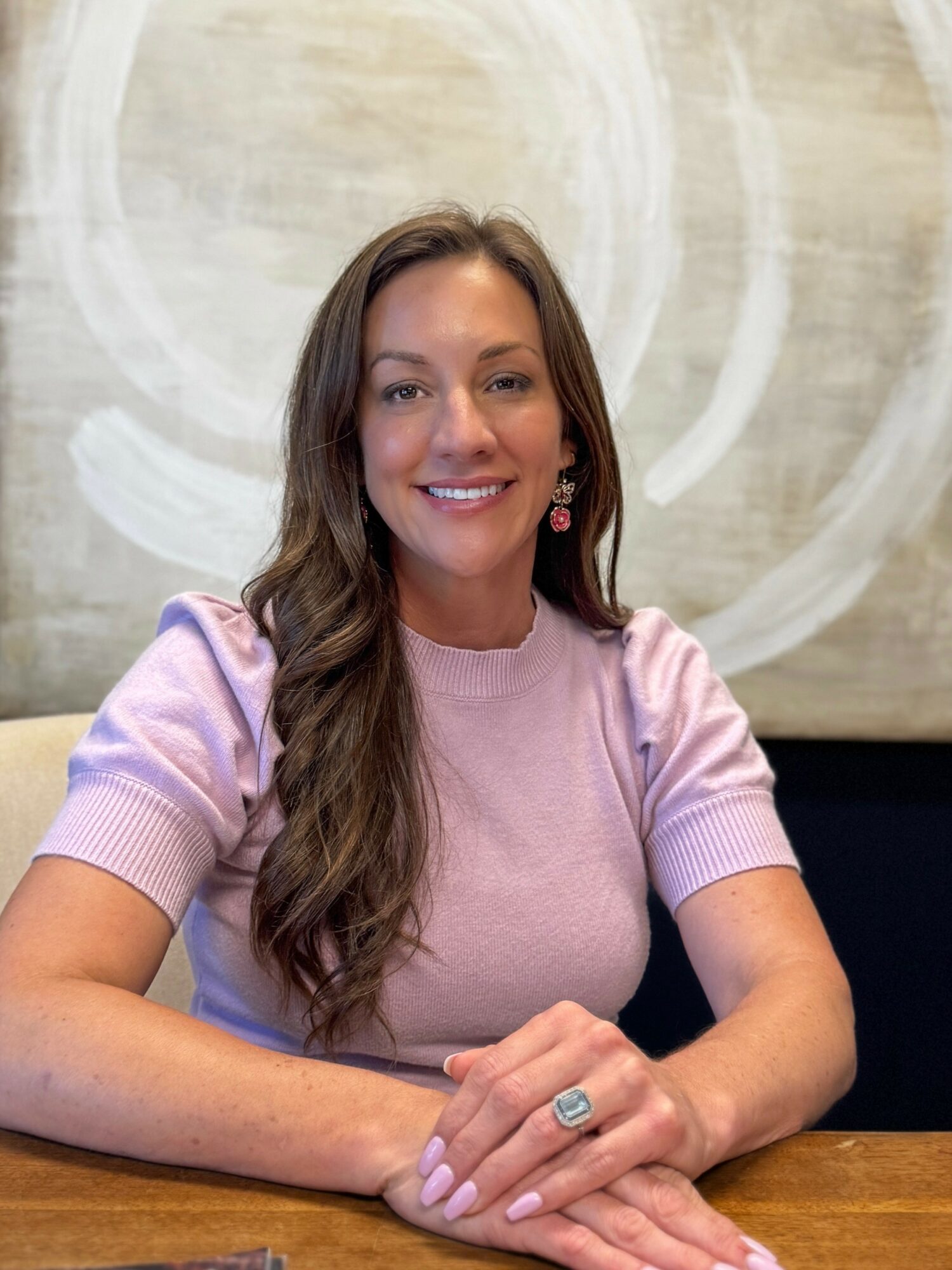

Today we’d like to introduce you to Rebecca Edwards.
Hi Rebecca, so excited to have you on the platform. So before we get into questions about your work-life, maybe you can bring our readers up to speed on your story and how you got to where you are today?
I actually started my career in a completely different field. I graduated from the University of Georgia with a degree in Speech Pathology and was hired by Pfizer just two weeks later. Working in their world-class training department taught me a lot about leadership, communication, and understanding people — skills that would become invaluable later.
After my husband, who was a veterinarian, passed away in 2016, I suddenly found myself taking over the veterinary clinic we had purchased 2008. I had no experience running a vet practice, but I was determined to honor his legacy and keep it alive. I learned everything I could, grew the business each year, and eventually expanded to open a pet crematory and a pet resort and grooming facility.
Today, I own and operate three businesses with about 26 employees. It’s been a journey of resilience and learning — and has been very rewarding!
We all face challenges, but looking back would you describe it as a relatively smooth road?
Not at all — it definitely hasn’t been a smooth road.
When my husband passed away, I was suddenly thrown into running a business I had never managed before, in an industry I wasn’t trained for. Overnight, I had to figure out veterinary operations, staffing, payroll, and finances — all while grieving and trying to hold my family together. There were days I felt completely overwhelmed.
Another major challenge has been the consolidation of the veterinary field. Corporate buyers have been purchasing independent clinics across the country, which makes it harder for small, locally owned practices like mine to compete — especially when we prioritize patient care over profit margins.
Financial risk was another hurdle. Expanding and opening the crematory and pet resort required faith and persistence, but I believed in what we were building and in the people behind it.
Looking back, those struggles shaped me into a stronger, more compassionate leader. They taught me that growth often comes from the hardest seasons — and that women can rebuild and thrive even after loss.
Alright, so let’s switch gears a bit and talk business. What should we know?
Our businesses are all built around one mission: honoring the human–animal bond and providing compassionate care at every stage of a pet’s life.
It all began with our veterinary clinic — a practice that’s been serving our community since 1964. Over the years, we’ve expanded to include a full-service pet crematory and a pet resort and grooming facility. Together, these businesses allow us to care for pets and their families from beginning to end — through wellness, play, and even the most difficult goodbyes.
What sets us apart is our heart. We’re a family-owned, locally rooted business in a world where so many clinics are being taken over by large corporations. Our team truly knows our clients and their pets by name. We focus on empathy, trust, and communication — making sure every experience feels personal and respectful.
I’m most proud of the culture we’ve created. Our employees are passionate about animals and about supporting one another. We’ve built a workplace that values growth, kindness, and connection — and that energy is felt by everyone who walks through our doors.
At the end of the day, I want people to know that our brand stands for integrity, compassion, and community. We don’t just provide services — we care for families, we honor memories, and we celebrate the incredible love that pets bring into our lives.
Any advice for finding a mentor or networking in general?
I’ll admit, I haven’t always been great at networking or finding mentors. When I first took over the business, I was just trying to keep everything running. But over time, I’ve learned that mentorship doesn’t have to be formal — it can be a conversation, a bit of advice, or even learning by watching others lead.
What’s worked for me is showing genuine curiosity and connecting with people who share similar values. When you focus on relationships instead of “networking,” it feels natural — and those connections often turn into real mentorship.
